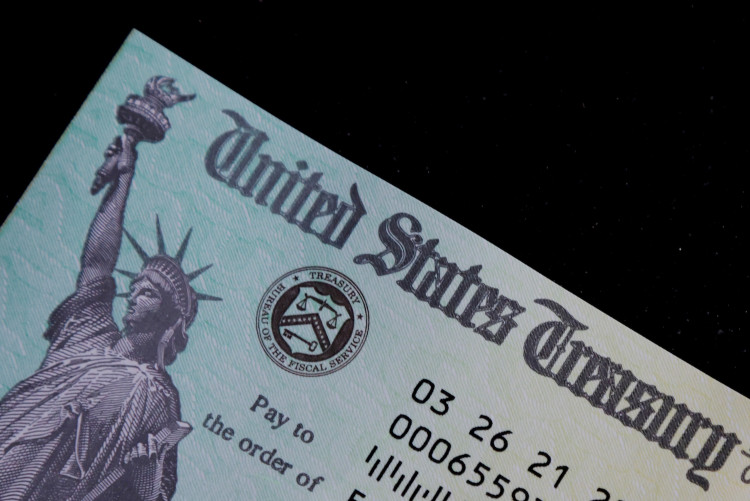In response to the coronavirus pandemic, then Donald Trump and current Joe Biden's administrations provided low- and middle-income families with stimulus checks.
There were three checks sent out in total, and it doesn't appear that the federal government will send out a fourth one, but there are Plus-Up Payments that are designed to get people caught up on stimulus money they are owed but didn't receive at the time for whatever reason.
Plus-Up Payments are for people who have already received a third economic impact payment based on a 2019 tax return or information from SSA, RRB, or VA and who may be eligible for a larger amount based on their 2020 tax return, according to the IRS. If you qualify, all you have to do now, if you haven't already, is file your 2020 tax return.
These Plus-Up Payments will be made available until Dec. 31, 2021. Given that these payouts normally take a few weeks to process, it's important to file your 2020 tax return as soon as possible to qualify.
You can also verify the status of your Plus-Up Payment by utilizing the IRS' Get My Payment tool. You can then click the 'Get My Payment' button and follow the on-screen instructions to inquire about any stimulus check money you may be owed.
Meanwhile, Californians have been receiving payouts since last week, as part of the second batch of stimulus checks from Governor Gavin Newsom's $100 billion budget, which was signed into law in July.
The $12 billion in COVID-19 relief funds are expected to benefit 15.2 million California households, accounting for roughly two-thirds of the state's taxpayers.
While many checks have already been distributed, a total of $563 million remains to be distributed, with relief payments expected to be addressed to eligible Californians by December 17.
Those awaiting a check should expect to receive a payment of between $600 and $1,100, depending on their individual circumstances.
Another 3,000 direct deposit payments are due, and to qualify for the Golden State Stimulus II, you must be a California citizen who has lived in the state for more than half of the 2020 tax year and earned less than $75,000 in 2020.
The final three digits of your ZIP code on your 2020 tax return will determine when your payment is made.






